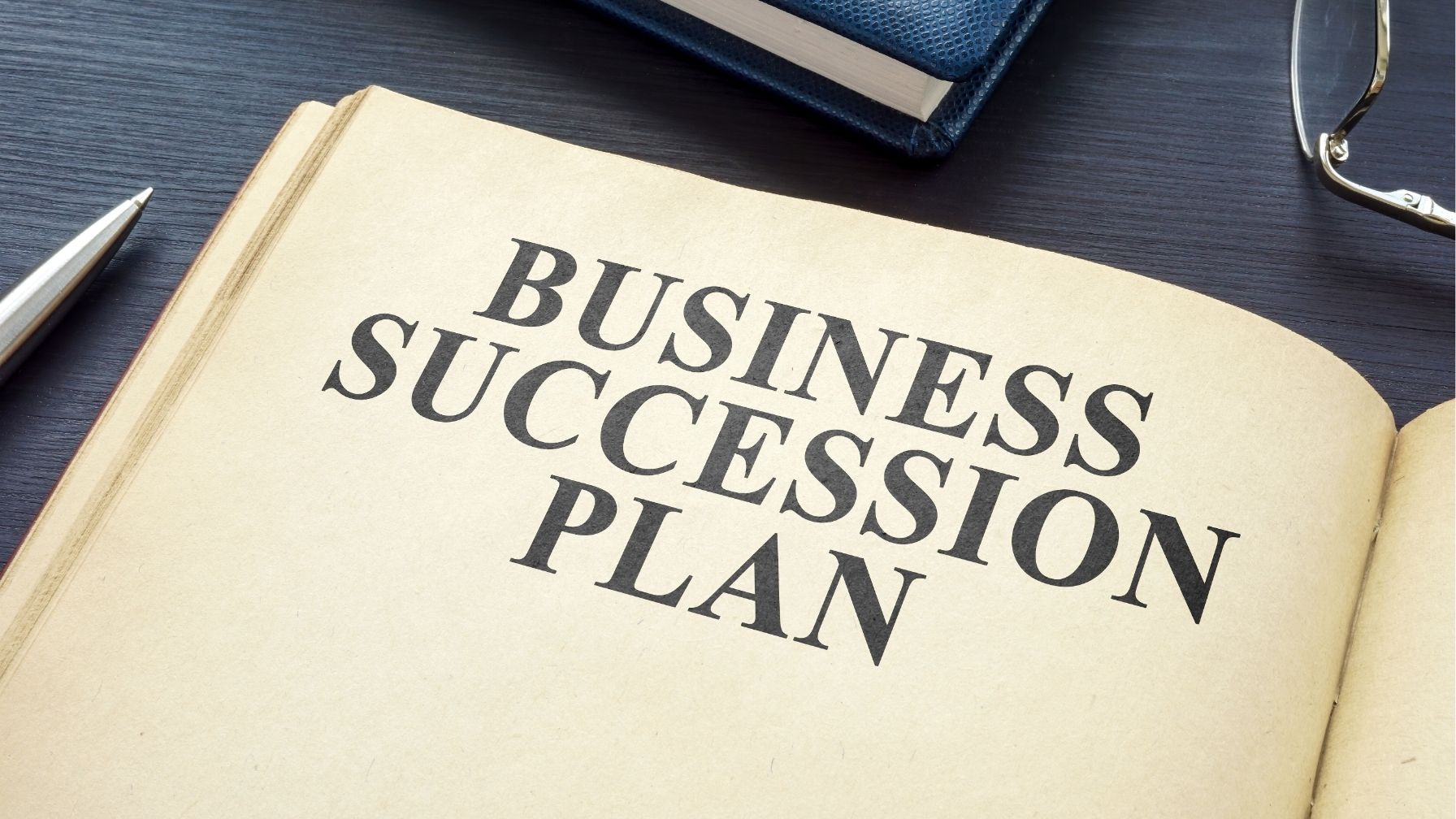Succession Planning Best Practices
Sep 22, 2025
De-Risking Your Business from You
Selling a business is one of the most significant decisions an entrepreneur will ever make. For owners who have built a thriving enterprise, like a $10M revenue company operating at 25%+ EBITDA, it might seem like the hard part is over. But from the lens of the Value Builder PREScore™ — a succession planning best practices assessment — owners are able to evaluate their emotional and practical readiness to exit, with the understanding financial strength is only ONE piece of the puzzle.
Some scenarios below explore the critical, often overlooked challenges that may affect your ability to achieve a satisfying and smooth exit — even if your numbers look fantastic on paper.
1. Emotional Attachment: The Founder’s Dilemma
You’ve invested years, if not decades, building this business. It has become part of your identity, your daily rhythm, and your family legacy — especially now that children may be involved. One daughter is already showing interest in succession, but have you fully visualized what life after exit looks like? If that picture is fuzzy or uncomfortable, you may be at risk of post-sale regret.
The Value Builder PREScore highlights that owners who don’t have a clear vision for what’s next often struggle to emotionally detach. Selling a business without preparing your future identity is like retiring without a plan — it leaves a void that’s hard to fill. This is why educating yourself on succession planning best practices and implementing the right tools are non-negotiables.
2. Family Dynamics: Legacy vs. Liquidity
If you have children in your business and only one interested in taking over, succession planning becomes a minefield. Will the others feel slighted? Will ownership or leadership transfer create tensions? Emotional readiness means confronting these issues head-on before a sale or transition plan is formalized. Without addressing family expectations, even a lucrative exit can turn sour. Even when family isn’t involved in the business, they may still have their own expectations.

3. Customer and Supplier Concentration Risk
Operationally, your business shows strong profitability, but depending heavily on a small number of clients or suppliers makes it fragile in a buyer’s eyes. While new contracts worth $3M are promising, the lack of final commitment (signed contracts) introduces further uncertainty. Buyers discount value when future revenues aren't secured or diversified. Strengthening these relationships and locking in long-term agreements will significantly improve your business's attractiveness.
Similarly, reliance on just a few key suppliers can lead to risk premiums during valuation. Building redundancy into your supply chain is a proactive way to reduce dependency and bolster operational readiness.
4. Leadership Team Strength: Are You Replaceable?
Having a good leadership team is excellent but how independent are they from you? The more the business runs without your daily input, the more valuable and sellable it becomes. A strong team that doesn’t rely on you for strategic decisions is critical for a smooth transition.
5. Debt and Deal Structure Considerations
Let’s say you have $200K in debt. You're not in a bad position, but buyers will scrutinize how that debt impacts the structure of any acquisition. Will it be a share or asset sale? Will you stay on during a transition period, or is an earn-out in play? These operational elements tie directly into how prepared you are to let go.

Wrap Up
The decision to sell isn’t just about hitting a financial target — it’s about being emotionally prepared and operationally bulletproof. By evaluating your readiness using frameworks like the Value Builder PREScore, you can identify hidden weaknesses and plan a transition that honors both your legacy and your goals.
Before you move forward, ask yourself: Am I ready to leave and is my business ready to run without me? Take our Value Builder PREScore assessment to help answer that question.

Preston True
Preston True is the founder of Get TPA Fit, a rapidly growing business coaching and value-building firm. Based in Detroit, Michigan, TPA has worked with hundreds of entrepreneurs and leadership teams on day-to-day problem solving, business culture and long range vision, so they ultimately learn how to delete chaos, earn more and build value.


